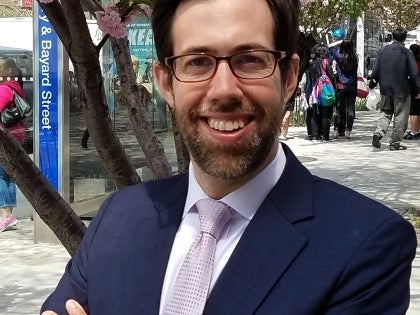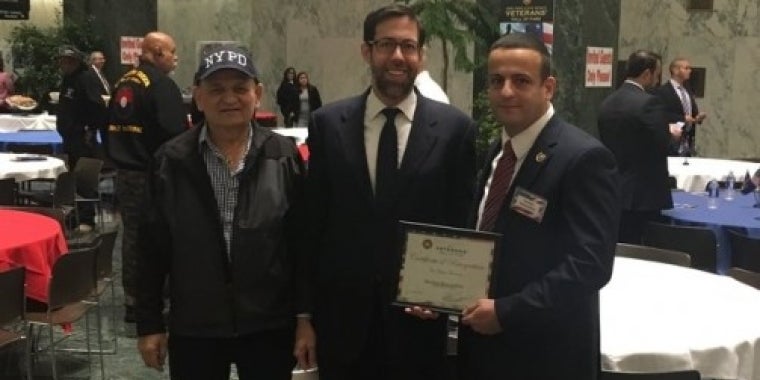
On the F Train, the M.T.A. Confirms What Riders Know
By Michael M. Grynbaum
Feature article in The Cityroom Blog
The F train is slow, prone to delays, frustrating for riders and generally an overstuffed, oft-diverted mess.
Typical complaint from a weary straphanger? Nope – that comes straight from New York City Transit. After a detailed review of the 27-mile line, examining everything from litter on the seats to how many stations are skipped each week, the transit agency came to the same conclusion as the train’s long-suffering commuters: The F is grade F.
In a 25-page report released on Friday, the officials say they can do something about it.
Look for snazzy new cars – the spruced-up R160s, with digital read-out displays and spacious seating layouts – to become the norm for the F, as officials phase out the line’s oldest cars.
Many of the 1970s-era orange cars currently running (the ones with the awkward perpendicular seats) will be replaced over the next year. Older car models had been causing more delays and breakdowns along the route, which has one of the worst performance records in the system. Only half of F trains were on time in July, according to the latest statistics available.
The F train’s timetable, which had not been revised since 2001, will be reviewed to better serve the line’s ridership, which has grown by about 15 percent since 2004. Overcrowding has been a consistent problem; more than a quarter of the trains that pass through Roosevelt Island toward Manhattan during the morning rush are packed above capacity.
Conductors will be ordered to stop skipping stops in the Brooklyn direction during the evening rush, a problem that had prompted all manner of customer outrage.
Construction and repair work, the root cause of those confusing weekend and late-night service delays, will be made more efficient to avoid egregious service disruptions. One idea: splitting late-night service into two segments to avoid interference from other trains and to better isolate parts of the track that are being repaired.
“We should start seeing improvements this month, and more significant improvements as we begin next year,” said State Senator Daniel L. Squadron of Brooklyn, who requested the report after a constant stream of complaints from his constituents. (Perhaps the most shocking: Some Brooklynites said they preferred the G train.)
Mr. Squadron praised the Metropolitan Transportation Authority, which delivered the report within three months of his request, for admitting the line had problems.
“They’re honest about putting facts behind what we already knew: that the F line is not working,” the senator said.
Express service in Brooklyn, a long-held dream of F train advocates, will not be able to start until 2012, when a large-scale renovation of the Culver viaduct is complete. “But this report shows there’s a whole lot we can get done before then,” Mr. Squadron said.
The report contains a trove of tidbits, performance indicators, and statistics about delays, construction work, cleanliness, skipped stations, and other aspects of the F line, the second-longest in the system. It’s available here:
“We are taking direct action to improve performance in an area where customers have not been receiving good value,” said Jeremy Soffin, a spokesman for the transportation authority.



